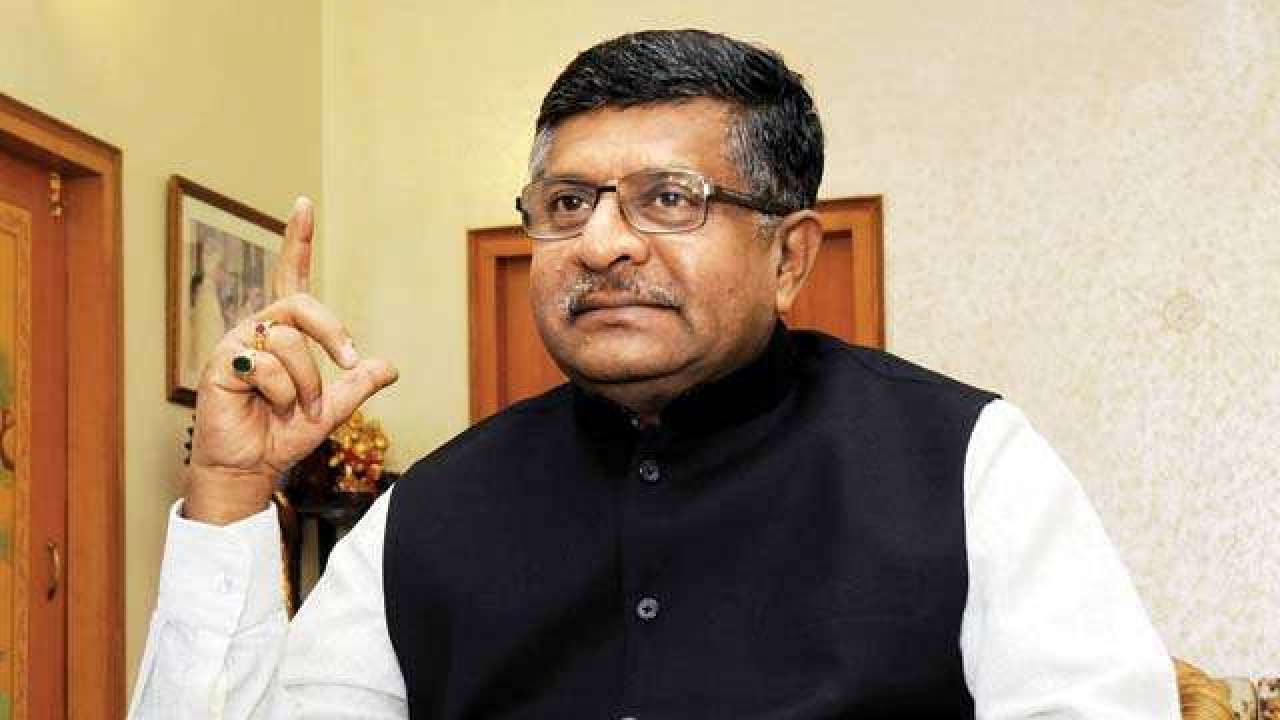
Demonetisation, as the courageous move by Prime Minister Narendra Modi to ban currency notes with denominations of Rs 500 and Rs 1,000 on November 8, 2016, is popularly known, will long be remembered as the most telling body blow to rampant and widespread corruption and black economy that 10 years of UPA rule had foisted on India. The move was one among the many measures taken by our Government in carrying out its promise of removing the toxins of corruption and tax evasion from India. It was this promise that had won us the trust and love of the people of India and propelled the BJP-led NDA to a historic mandate in May 2014.
Our government’s commitment to fighting corruption was evident in the actions that we initiated as soon as we came to power, including the Constitution of Supreme Court-monitored Special Investigation Team (SIT) on black money; renegotiation of tax treaties and automatic information exchange agreements with suspected tax havens; renegotiation of the Double Taxation Avoidance Agreement (DTAA) with several countries; introducing various income and tax declaration schemes for unearthing domestic black money; imposing penalty on real estate transactions undertaken in cash above a fixed threshold; introducing tax collection at source on cash sales; enacting the Benami Transaction (Prohibition) Amendment Bill and demonetisation of high-value currency notes. In the past one year, the benefits from these moves have become clearer, and there is little doubt that it has put us on the path of a cleaner and more robust economy.
Demonetisation was designed to flush the system of the accumulated and hidden black money that tax evaders, nefarious elements, anti-national elements, hoarders and black-marketers had accumulated under political patronage. The move forced tax evaders to deposit their money in regular banking channels.
Also Read: Demonetisation Debate: Monumental disaster, writes Randeep Singh Surjewala
On one hand, this has reduced the amount of black money available for nefarious activities, and on the other, it has allowed us to track and investigate suspicious movements of funds in bank accounts that do not match with the tax profiles associated with those accounts. Operation Clean Money has been launched to nab offenders and we have already unearthed several suspect transactions, including 14,000 properties of more than Rs 1 crore each, where persons have not even filed Income Tax returns. We have also detected over 3 lakh registered companies that were involved in suspected dealings, and registrations of more than 1 lakh shell companies have been cancelled. We will continue to examine each and every suspicious movement of money and bring the evaders to book.
Demonetisation is also acting as an effective countermeasure against anti-national activities such as funding of terrorism and Naxalism, and in inflating the price of major assets classes like real estate, gold and other social evils like gambling etc,. The call traffic of hawala agents has dropped by 50 per cent and the incidents of stone-pelting in Kashmir have declined sharply post demonetisation. It has also reduced the menace of Pakistan printed high-value fake currency notes.
The move has also given a big boost to the development of the digital economy and to making India a less-cash society. The economy today has roughly Rs 6 lakh crores of cash lesser than it would have had if demonetisation had not happened. There has been a sharp rise in the volume of transactions by digital wallets, UPI and BHIM, from Rs 1.93 crore per day before demonetisation to nearly Rs 200 crore per day now. Cashless payment at toll plazas of National Highways Authority of India went up to 15 per cent from 3 per cent while online Railway ticket booking went up to 68 per cent of total bookings from 50 per cent before demonetisation.
Similarly, cashless payment at petrol/diesel outlets jumped to Rs 12,000 crore from Rs 4,500 crore.
Demonetisation has expanded our tax base and put India firmly on the path of formalisation of the economy and is prompting a change in the savings and financial behaviour of the public, as it moves away from saving in physical towards financial instruments. Aggregate deposits grew by 14.5 per cent year-on-year between November 11 and December 30, 2016, against 10.3 per cent during the corresponding period of 2015. Assets under mutual funds rose sharply, while flow of money into equity schemes and premia collected by life insurance companies doubled. Direct tax collections rose 19 per cent in April-July of FY18, while the number of individual tax returns filed jumped 25.3 per cent. The demand for new PAN cards has also increased by almost 50 per cent. This allows for a greater part of the savings to be re-invested in public projects generating more growth and freeing resources for the welfare of the neediest. There has been a 48 per cent increase in deposits in Pradhan Mantri Jan-Dhan Yojana accounts and 18 million new accounts added post-demonetisation.
This has further strengthened our Digital India flagship programme that has the vision to transform India into a digitally empowered society and a knowledge economy. Using the trinity of Jan-Dhan Yojana accounts, Aadhaar digital identity and Mobile phones (JAM), we have pushed ahead the Direct Benefit Transfers which has brought in transparency in the delivery of entitlements leading to a total savings of almost Rs 57,029 crore in the past three years.
Demonetisation is certainly not the panacea for all ills that years of corruption-laden governance has afflicted India with. It is, however, a major tool that, in combination with the other measures taken by the government at curbing corruption, not only allows for a cleaner and more transparent economy, but also strengthens the economic fundamentals promoting more inclusive growth and bringing greater prosperity for the people of India.
The author is Minister of Law & Justice and Electronics and Information Technology, Government of India